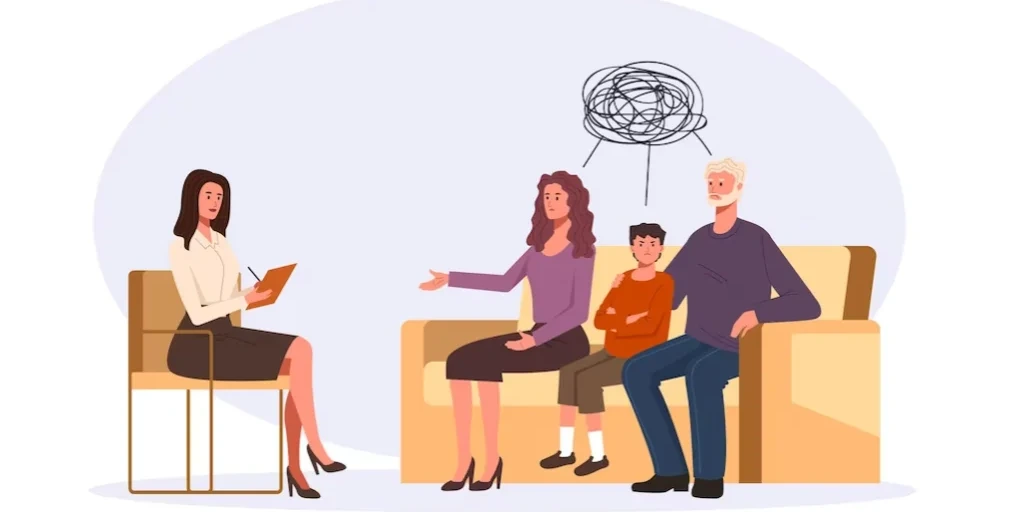24/7 Helpline:
(866) 899-111424/7 Helpline:
(866) 899-1114
Learn more about Ecstasy Rehab centers in Fishersville
Ecstasy Rehab in Other Cities

Augusta Health – Recovery Choice
Augusta Health Recovery Choice is a Joint Commission accredited substance abuse rehab center in Fish...

Augusta Medical Center – Crossroads Mental Health
Augusta Medical Center – Crossroads Mental Health is a private rehab located in Fishersville, Virgin...











Other Insurance Options

State Farm

Horizon Healthcare Service

PHCS Network

United Health Care

Multiplan

Self-pay options

Health Net

American Behavioral

EmblemHealth

CareFirst

Ambetter

BHS | Behavioral Health Systems

AllWell

Optum

Sutter

Anthem

Absolute Total Care

ComPsych

Medical Mutual of Ohio

Choice Care Network